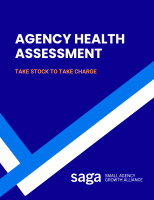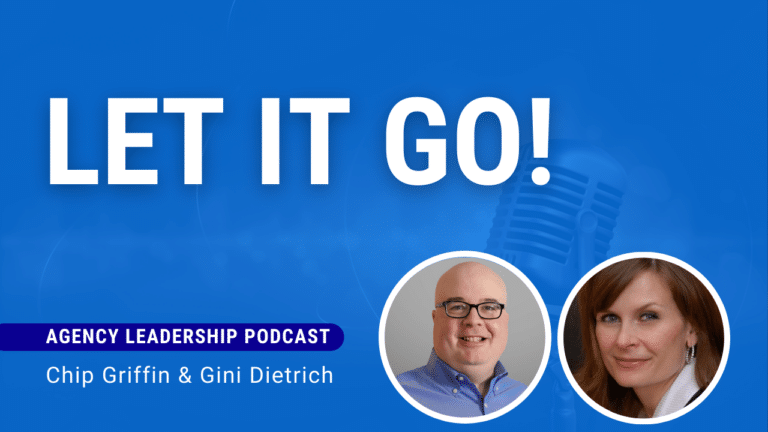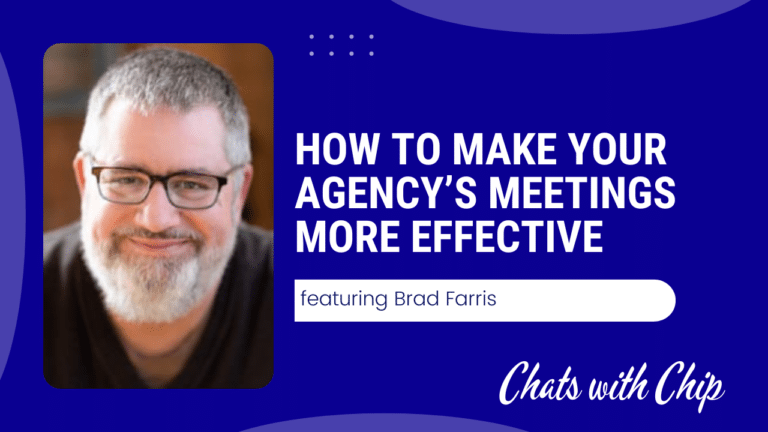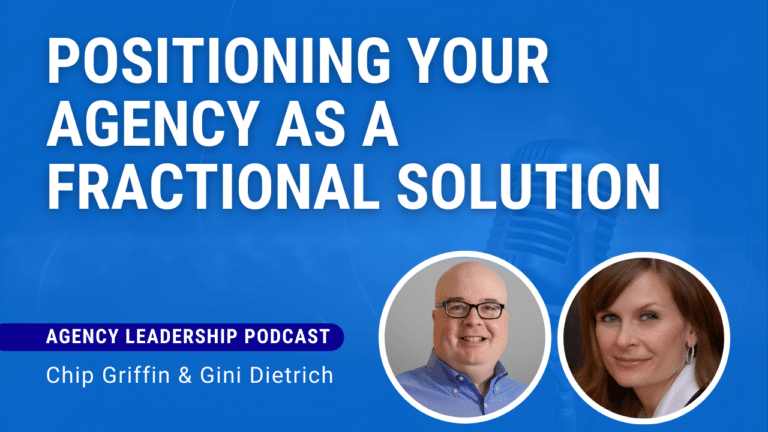Wikipedia often produces one of the top search results when someone enters a query into Google. That makes the site vitally important for communicators and marketers to understand.
I would be hard-pressed to name someone I have met who knows the ins and outs of Wikipedia than William Beutler. His agency, Beutler Ink, started out with a focus on the free online encyclopedia, but it has grown into much more.
In this Spotlight interview, William agreed to share his story and his insights.
Tell us about yourself and your agency.
My name is William Beutler, and I’m the founder and CEO of a digital marketing and communications firm called Beutler Ink. Clients come to us on the marketing side when they don’t have the in-house resources to deliver on a visual design project, social media campaign, or content marketing strategy. And they seek us out on the communications side when they have a challenge with Wikipedia, such as an article that’s unbalanced, out-of-date or misleading. I’m a former political journalist and public affairs consultant. I’ve been the co-host of a few podcasts focused on cult movies, I created an interactive art project based on the novel Infinite Jest, and I’ve also been a volunteer Wikipedia editor for more than a decade. I am based in Washington, DC, but our firm is completely distributed: we have 22 employees in 9 states, including my co-founders and co-presidents Jenny Karn and Rhiannon Ruff.
How has your agency changed over the years?
Early on, we focused exclusively on our Wikipedia business, since I’d quit my previous job in order to see how far I could develop that particular service. Pretty far, as it turned out! Within a couple of years, we had become a team of four, and we had clients asking us to apply our research and strategy skills to non-wiki challenges. 2013 was the turning point for the company, when we decided to take a leap into adding a visual design component to our core capabilities, and we actually built separate wiki and design teams, though we’ve always made a point of maintaining a unified company culture. Since then, both sides of the business have grown in different ways. On the marketing side, we started out heavily focused on design projects, then expanded into content and social media strategy. We realized, it’s not just enough to make great content, we also have to make sure our messages are seen by the right audiences. On the wiki side, we started out mostly doing one-off projects subcontracted through other PR agencies, but over time we’ve built a significant number of direct client relationships and turned projects into ongoing retainers. What unites our teams on the client-service level is that we are always looking for new ways to help our partners achieve their goals, and one side just happens to work more with marketing departments and the other with communications departments.
What will be your agency’s biggest challenge in the years ahead?
The biggest challenge for agencies is the same one facing every company in every industry and every organization in any field whose success depends on public communications and perceptions, and that is simply keeping up with the pace of change and being able to anticipate developments just enough to stay relevant and not fall behind. Forget the famous Wayne Gretzky quote about skating to where the puck is going to be, because no one can make those kinds of predictions with sustained accuracy. You have to look at the broad industry trends as reported in the trades and discussed on social media while also paying attention to what your clients are telling you and trying your best to ask the right questions. Are we offering the right mix of services? Do we need to hire to expand our services, or form a strategic partnership? Should that partnership actually be an acquisition? What’s fun and scary at the same time is none of these have clear right or wrong answers at the time you have to decide. At a time when data is a precious resource, and everything is “programmatic” or involves “automation”, life is unpredictable and so are the outcomes of your strategic decisions.
What book would you recommend to other agency leaders and why?
Competing Against Luck by Clayton Christensen, which is all about the “jobs to be done” theory of innovation, and which posits that customers buy from you because you can help with a specific “job” they need to accomplish, whether it’s in their career or in their daily life, and that these jobs have functional, emotional, and social components that need to be addressed. The better you design your product or service to meet those components, the more successful you will be. It’s an extension on his famous theory of disruptive innovation, although I like “jobs to be done” more because disruption is a little too theoretical and often misunderstood, while the jobs theory is far more practical for a great many more organizations. If you want to start a business or develop a new product, the questions this book poses are the ones you should be constantly asking yourself.
Who is someone who influenced your career and what impact did they have?
I think most answers to this question will be about a former boss or mentor, but I’m actually going to say my mother. My siblings and I like to joke that she may be liberal politically, but she’s conservative when it comes to her kids, so what that means to me in a business sense is you can’t blame factors beyond your own control if things aren’t working out, and you have to take responsibility for your own success. That also means being willing to ask for what you’re worth and walk away from deals that don’t help your business. But it’s not just about being unsentimental. For instance, you also have to take care of the people who work for you, because they are your business. So these values have influenced the kind of leader I am. And now here comes the twist: a few years after I quit my job and launched my business, my mother did the exact same thing. She’s a real estate attorney, and launched her own practice at the age of 60, and not only has been phenomenally successful with it, but we’ve been able to share our experiences and learn from each other, and her firm has even become a Beutler Ink client.
How would you describe your leadership style?
As we’ve grown as a company my leadership style has had to change. In the early years, when we were laser-focused on one service that I was making up as we went along, I directed the daily activities of my team and exerted a great deal of control over how they did things, because we needed to build a culture and a record of consistency. Over time, I stepped back to more of a coaching role, trusting that the wiki team could run the plays I had designed without me always hogging the ball. Then once we started building the visual design and digital marketing practice, we were no longer squarely within my area of innovation, so in this my role has been principally supportive, focusing more on selling the work and creating the conditions for the team to succeed without my direct involvement. And the more we grew, the more my role necessarily changed as well. By the beginning of this year, we had hired enough people to replace me both in sales and client service roles that I stepped up to CEO and named Rhi and Jenny presidents so I could focus on strategic vision and other long-range goals. My style now is primarily one of delegating day-to-day decisions, meeting with my executive team to be a sounding board and offer advice, and my current active efforts are focused on developing new products and services that we think can help us grow even more.
How did you first get involved in PR/marketing?
I have to admit that not only did I not plan to make this my career, back in college when I was taking journalism classes, I made fun of the students next door taking PR classes. I was the kind of cynical wannabe reporter who idolized outsiders like Hunter S. Thompson and David Foster Wallace, and imagined my destiny was to become an investigative journalist. I did start my career as a political writer, but in the early 2000s the traditional news business started to erode, and I overestimated my interest in working a beat. At the same time, I was fascinated by how technology was changing the world, and it turned out my skills and interests were better suited to finding solutions to these problems for clients, rather than writing for a broad readership. I still think of myself as a writer, and I do have a book in mind that I’d like to write—the challenge right now is just finding the time. But the main lesson to draw here is never to think you’re above something, because it’s always possible you just don’t understand it yet.
How do you clear your mind when you’re not working?
Since we are a distributed team, I am lucky to work from home, and this means that when I push back from the computer to take a break, the first thing I do is pop in my AirPods, turn on a podcast, and start doing chores around the house. Since I’ve mentioned my mother already, I’ll offer a parallel with my father as well: home improvement has always been one of his hobbies, and since my parents live in the suburbs, he’s usually outside working on the house or in the garden, and in the last few years he’s usually listening to a podcast while he does it. Now, I’m a city-dweller and most of my chores involve indoor activities like better organizing the limited space in our apartment, but it’s striking how similar we like to spend our free time. My wife occasionally marvels how lucky she is that I’ve always done the dishes or put away laundry by the time she gets home from work, and the truth of the matter is, she has podcasts to thank for it.
Where can people find you online?
The company website is www.beutlerink.com and our Twitter handle is @beutlerink. I am also active on Twitter at @williambeutler.











